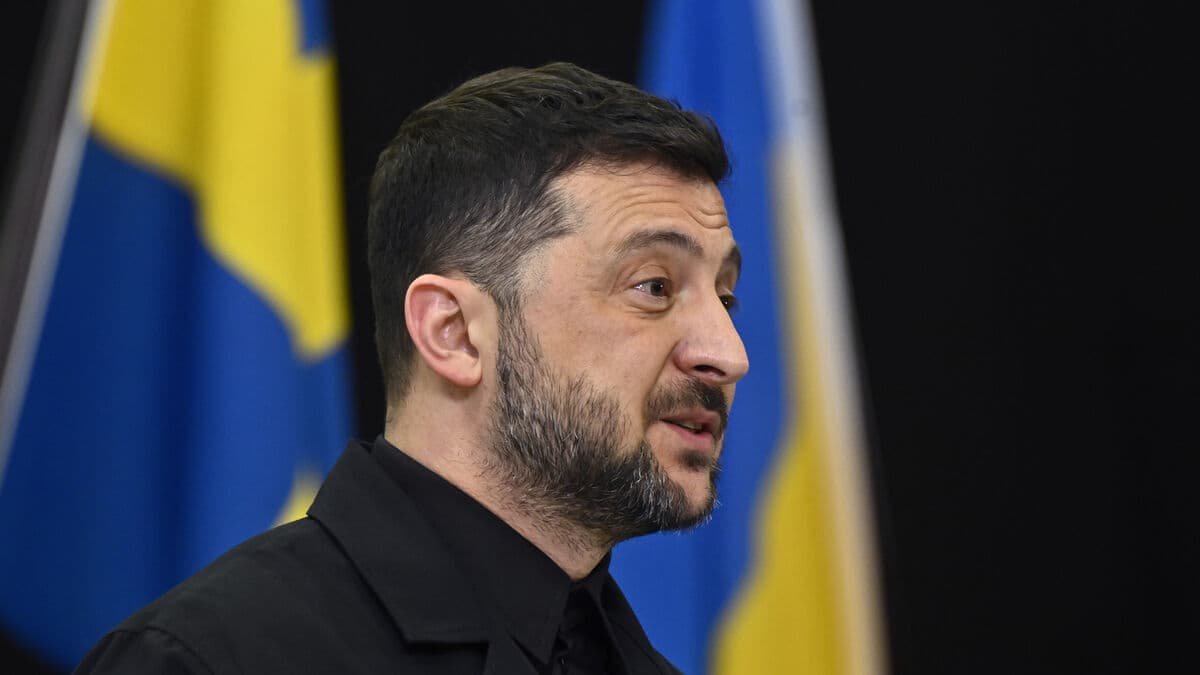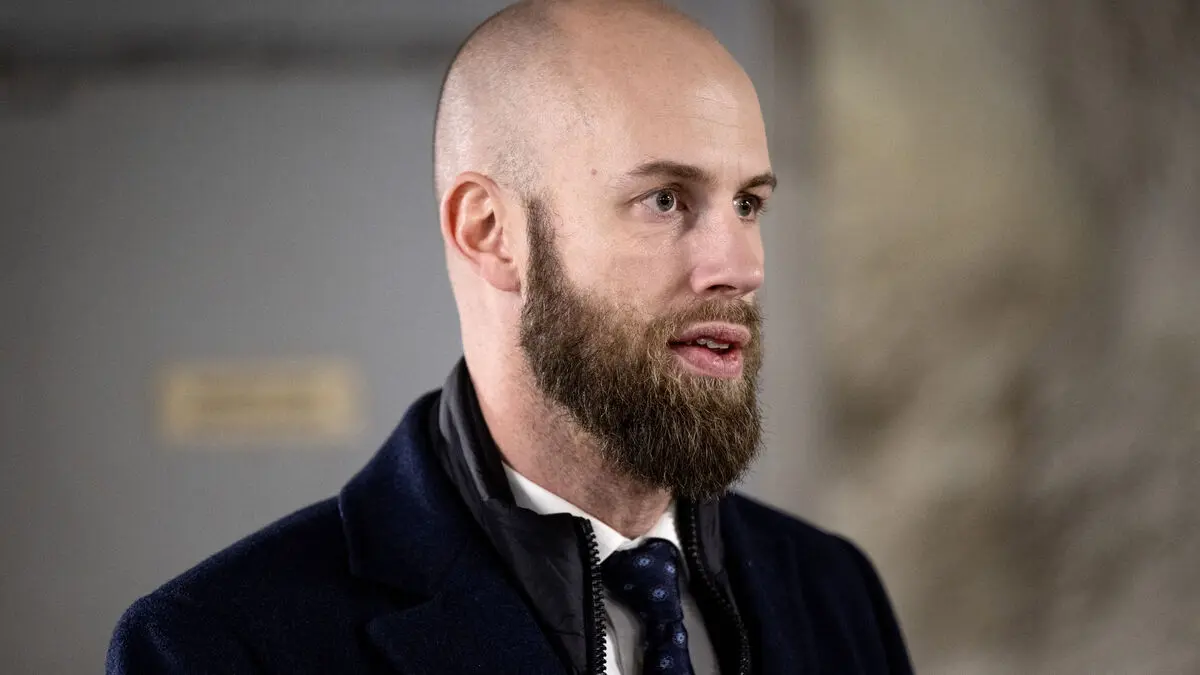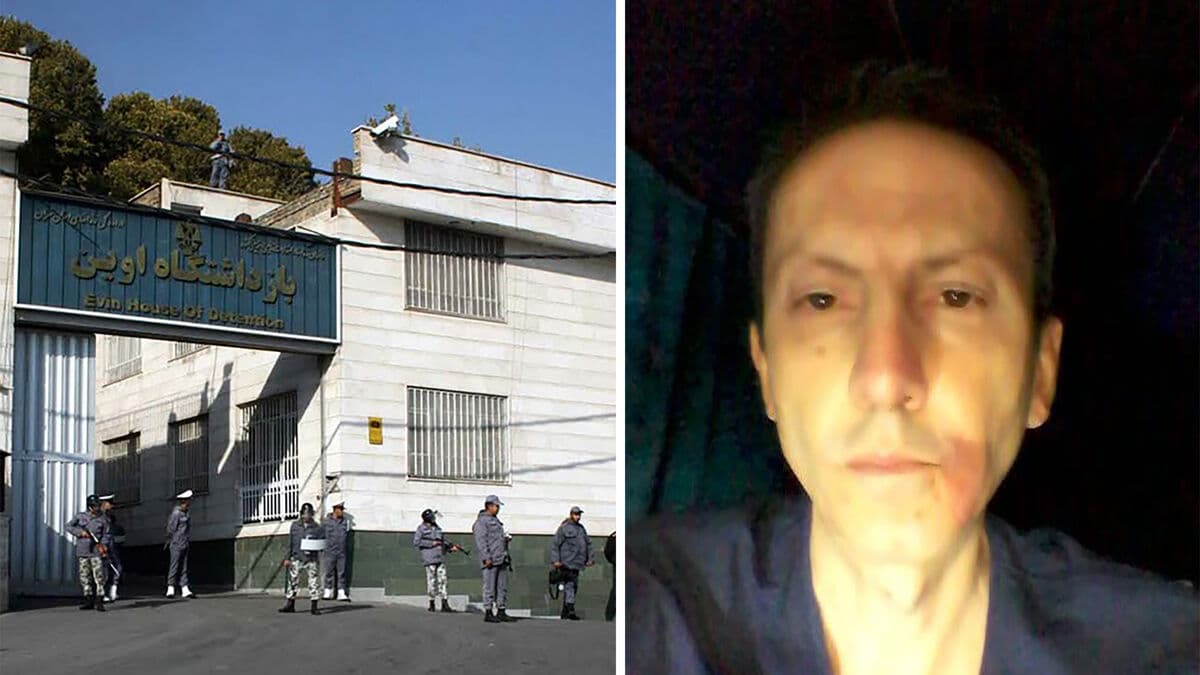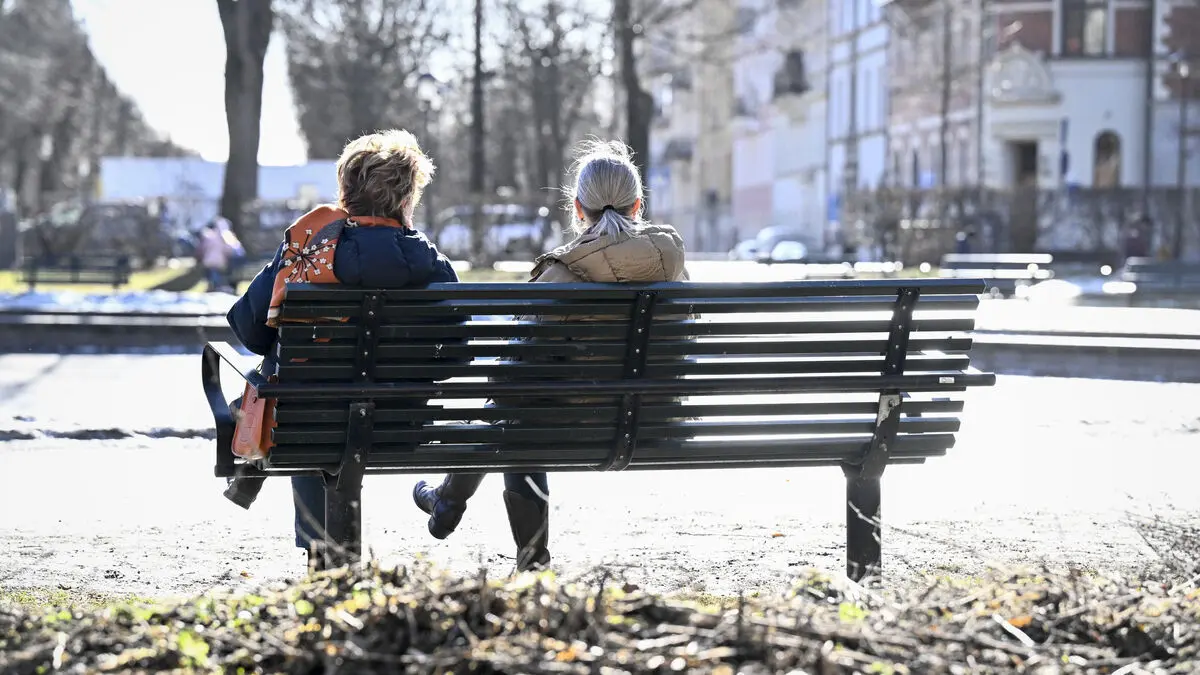By using the Russian state's assets frozen in European accounts due to the war, up to 1,500 billion kronor can be lent to Ukraine.
The money is mainly available at the Belgium-based financial institution Euroclear. Technically, it's about lending to Ukraine with zero interest and with the assets as collateral.
The loan does not need to be repaid by Ukraine until Russia starts paying war damages for the enormous destruction caused.
In practice, the Russian assets are thus transformed into a kind of advance on the damages.
Threat to the euro?
The European Central Bank's management and many countries have, however, been hesitant, not least due to concerns that other countries will be scared away from saving and investing in the EU and that the euro will be weakened as a global currency.
However, this is dismissed by, for example, Sweden.
It's on the verge of nonsense. That the euro would be threatened if we take this step is going very far, said Finance Minister Elisabeth Svantesson (The Moderate Party) in connection with an EU meeting in Luxembourg two weeks ago.
The strongest resistance comes from Euroclear's host country, Belgium. Prime Minister Bart De Wever demands guarantees from the rest of the EU, if everything ends up in damages processes against Belgium.
Egg or chicken?
He has also questioned the wisdom of using the frozen assets, since the EU has so far used the interest from them to provide Ukraine with money.
You lose the golden egg if you eat the chicken, said De Wever at a press conference at the beginning of October.
Belgium has not yet given in – but has at least opened up to allowing the EU Commission to submit a formal proposal after this week's EU summit.
Only then is an answer expected on how the Commission intends to solve the loan legally, how the money is to be used, and what is required to get it approved, without, for example, the strongly Ukraine-critical Hungary putting a stop to it.
The next difficult part will then be to get the proposal through – something that is not expected until at least December.
Since the renewed outbreak of war in 2022, the EU and its member states have assisted Ukraine with the equivalent of 1,900 billion Swedish kronor.
Over the next two years, the country is expected to need at least an additional 550 billion kronor to get by. Getting that sum together from EU countries and others is not easy, when many are affected by growing national debt and the USA has in practice closed off its money tap to Ukraine.
At the EU countries' summit in Brussels, all except Hungary are expected to agree to urge the EU Commission to "as soon as possible" come up with concrete proposals for more money to Ukraine via frozen Russian state assets, "in accordance with international law".






